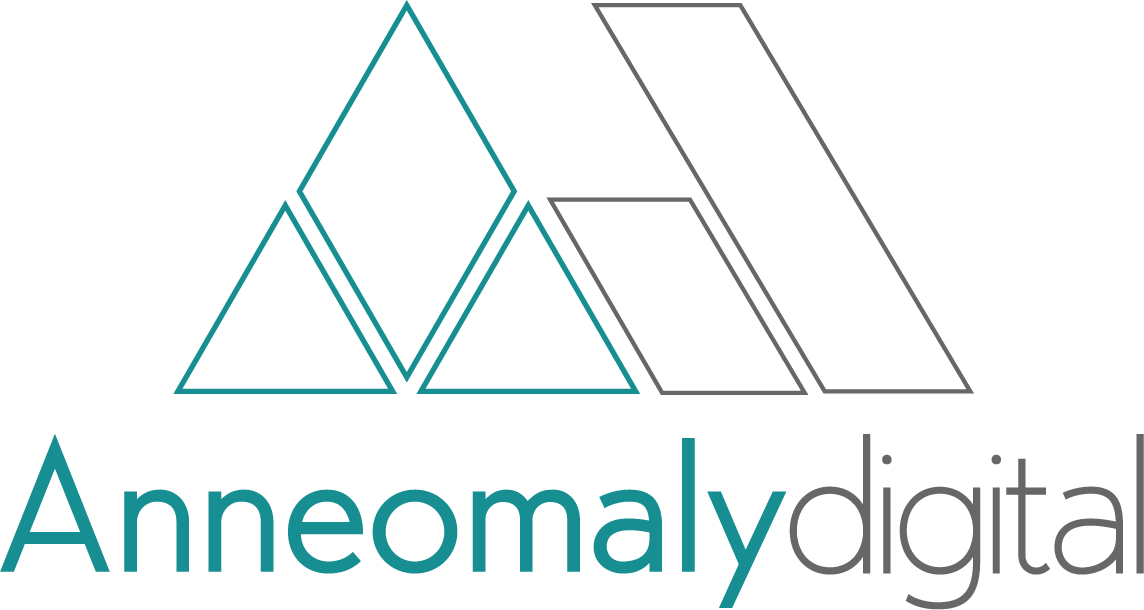October is Cybersecurity Month > Keep Your Small Business Safe
The Emmy-winning television show Mr. Robot opened a lot of people’s eyes to the world of cybersecurity, not to mention that every time you turn on the news there is a new attack on a major corporation. Unfortunately, many of us have experienced cyber attacks in small ways, like having a virus sent to our computer! Of course, many of us can’t and don’t want to fully grasp the logistics of those attacks, but as more and more of what we do is done online, the importance of cybersecurity increases as well. It’s even so important and relevant that October has been designated cybersecurity month! So, as you continue to grow your small business and more and more of your operations are digital, we have to begin to think long and hard about protecting your online information.
The U.S. Small Business Administration site recently shared the FBI’s 2020 findings regarding the cost of cybercrimes in 2020. You might want to have a seat... $2.7 billion. YIKES! While you may think that your small business is too small of a fish for hackers to bother with, small businesses are in fact very attractive to a number of criminals. SBA reports, they “have information that cybercriminals want, and they typically lack the security infrastructure of larger businesses.” Many small businesses don’t have a plan in place and have very little time and money invested in keeping their online information safe. According to SBA, 88% of small business owners felt their business was vulnerable to a cyber-attack.”
Types of Attacks
Because knowledge is power, we want to help you get better prepared so that you can protect your information and ultimately, your business and its clients. Here are 4 Types of Attacks:
Malware, also known as malicious software, is created for the purpose of damaging computer networks, servers, and software and can be in the form of viruses and ransomware.
Viruses help criminals get into your computer systems by making them malfunction. They are often spread from one device or computer to another. This is why it is important not to open things on your computer that you didn’t order or that you don’t know the sender.
Ransomware is malware that keeps a computer from running properly until an actual ransom is paid. It is usually sent to your systems with ‘phishing’ emails that expose where your software and systems aren’t protected.
Phishing is a type of cyber-attack that uses email or a malicious website to corrupt your systems with malware. It leaves your business’s information exposed to criminals.
Solutions
First, you need to understand where you are vulnerable. To do that, you need a cybersecurity risk assessment. Those assessments will guide you in ways to protect your online assets. Some of the companies that offer these services provide a consultant who will walk you through the assessment and help you determine the next steps for protecting yourself, your information, your supply chains, and everything else you do online. Many of them provide a weekly assessment which helps you to stay on top of any breaches. Here are some of the service providers:
Federal Communications Commission
Cyber Hygiene Vulnerability Scanning
Cybersecurity software
There are a number of software programs that can help protect your computers and keep your networks safe from cyber attacks. If you do an assessment, they will likely help you select the software that is right for you.
Simply measures
There are a number of little things you can do to keep your information safe and sound in the office.
Keep your cybersecurity software up to date!
Train your team to not open unsafe emails. Check out the ‘Stop. Think. Connect.’ training materials created by The Department of Homeland Security.
Protect your network by using firewalls and encrypting information. Make sure your Wi-Fi is password protected and don’t allow any guests to use it.
Change, boost, and protect your passwords. Use best practices when creating passwords by using 10 or more characters, upper and lowercase letters, numbers, and at least one special character.
When you can select multifactor authentication for different accounts, take advantage of it!
Make sure that all of your important data is backed up on a regular basis (at least once a week is recommended). Store copies of important files offsite when possible.
Try to keep your payment processing as secure as possible by keeping it separate from other programs and systems. Don’t process payments from customers with the same computer as you use to browse the internet.
Finally, stay informed about changes in cybersecurity. You can attend events hosted by SBA or the National Cybersecurity Alliance.
Cybersecurity is an essential business practice. We all have to become more knowledgeable and more vigilant in our practices. Hopefully, the information we provided will get you started. At Anneomaly Digital, we want the very best for your small business. We would love to help you with any of your marketing needs and wants. Contact us! .
